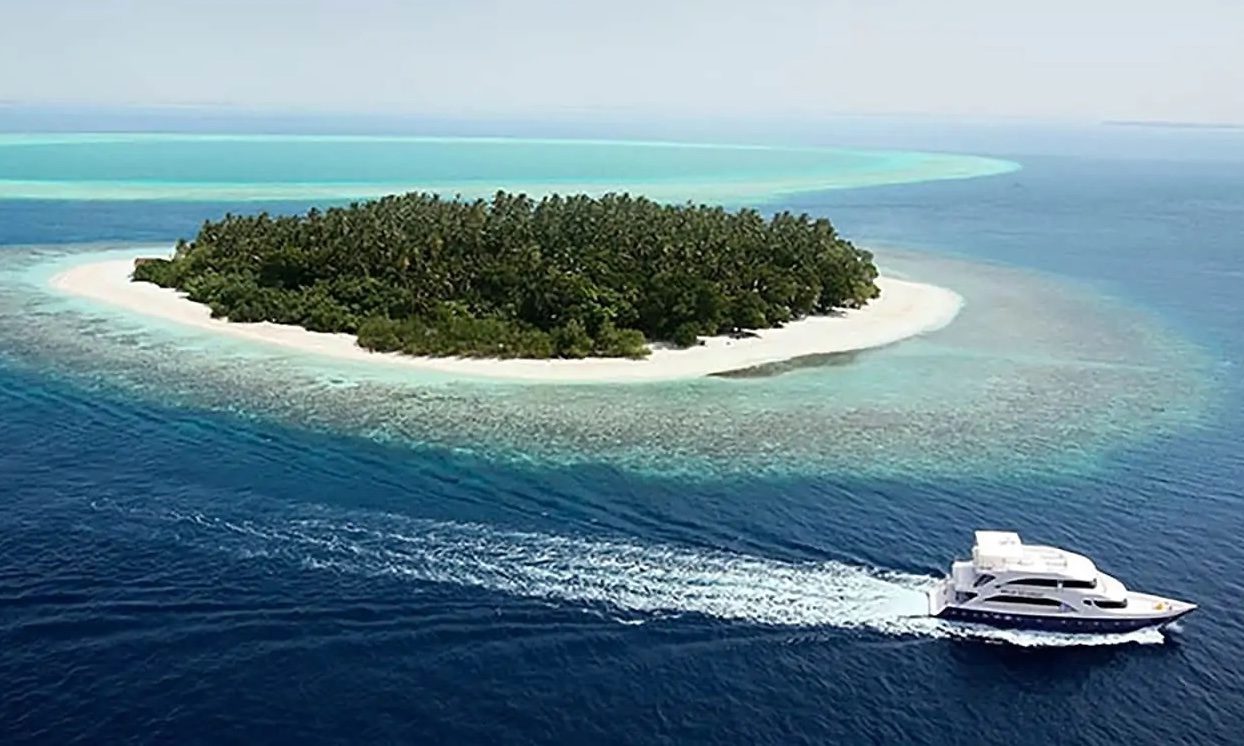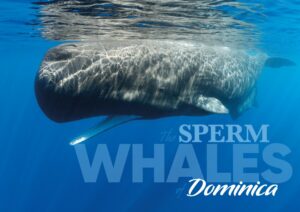Raja Ampat is one of the few places left on earth where the Endangered Dugongs can still be seen in the wild
While most associate Raja Ampat with the yearly Manta migration, lush reefs, and an abundance of marine life, few know that it is also home to dugongs. The nutrient rich waters flow into the islands shallow, protected, mangrove skirted bays, allowing for vast areas of sea grass to grow and providing the perfect habitat for the elusive and endangered dugong.
This marine mammal has a more famous relative, the manatee, but often they are referred to by the common name of sea cows. While these mammals are found throughout the Indo-West Pacific, they have become an endangered species, largely due to their natural seagrass habitats becoming smaller through human development.
While many areas in Indonesia have become more tourist focused and overdeveloped, Raja Ampat has remained mostly untouched. This is promoted by the local community, and dive resorts, putting a heavy emphasis on sustainable tourism practices. As is true for many other animals, the “Last Paradise” is one of the few places where dugongs are still spotted in the wild.
These large mammals are known to grow up to 3m in length and weigh up to 400kg. Despite their intimidating size, these mammals are incredibly gentle and shy.

Unlike the manatee, the dugong has a fluke shaped tail, much like that of whales and, when they venture out in the open seas, are often confused with small pilot whales that are also found in Raja Ampat. They have no dorsal or hind limbs, so use their paddle-like flippers and tail to move around. Despite their similarities with the manatees, and even whales, the dugong is in fact more closely related to the elephant, with both sharing a long lifespan. Dugongs known to live up to 70 years, when human interference is not present.
Manatees and dugongs both have histories than can be traced to the earliest days of human sea exploration, when it is believed seafarers would spot these mammals on their voyages. Many believe that these sightings led to the creation of the myth of mermaids. Even in the local Papuan community of Raja Ampat, many refer to dugongs as mermaids when spotted or discussed.
Dugongs are normally found either in pairs, mostly mother and calf, or in solitude in the shallow seagrass “meadows” where they graze on the nutrient rich plants. They can stay submerged for up to 6 minutes before they need to take a breath, to achieve this they use their tails, to lift themselves to the surface, before duck diving back down again.
This is the most likely time to spot these elusive mammals. While most dugongs are known to stay in the area in which they were born for their entire lives, it is no guarantee that you will be able to find them there now. Over the years these mammals have been faced with shrinking habitats and human hunting, so by necessity have become more mobile, frequenting several protected bays rather than an exclusive area.

Female dugongs are known to only carry a small number of calves in their lifetime and have a yearlong pregnancy. After pregnancy, calves stay with their mothers for up to 18months. These behavioural patterns have also aided in the steady decline of the species numbers. The local communities in Raja Ampat, keenly observe these mammals at every rare opportunity they are afforded and even have names for individuals. The community take great pride and care in protecting these graceful giants.
One individual in the community is Otto, a well-known homestay owner who, not only monitors a colony of the protected coconut crab, on a small Island near his Friwen Island homestay, but also keeps track of the “mermaids”, as he calls them, who come graze in the shallows of his private beach. It is because of this care for the environment, that he was able to save a dugong calf that got separated from his mother and washed up on his beach in the middle of the night. With the help of other families in the area, this calf was saved and reintroduced into the wild, although the fate of the mother is still unknown.
While it is not guaranteed, or even common, to see a dugong on your visit to Raja Ampat, those who have seen them while snorkelling or diving have described it as the most incredible experience. More importantly by supporting local families who own homestays, and diving operations like Meridian Adventure DIVE that support these homestays and actively engage in conservation and sustainable tourism practices, you are helping preserve the environment of these mammals and many other marine animals in the region.
About Organisation:
Situated in Raja Ampat, Indonesia, Meridian Adventure Dive is a PADI 5 Star Resort and winner of the PADI Green Star award. Scuba divers enjoy our professional services that have become synonymous with both the PADI and Meridian Adventure names. Raja Ampat is one of Indonesia’s most captivating diving grounds and is truly a paradise on earth.
Visit our online platforms:
RAJA AMPAT – MERIDIAN ADVENTURE DIVE RESORT Website
Youtube Raja Ampat – Meridian Adventure Dive Resort Indonesia
Instagram – Meridian Adventure Dive Resort
Youtube – Meridian Adventure Dive Resort in Raja Ampat
Read More about Raja Ampat try.








